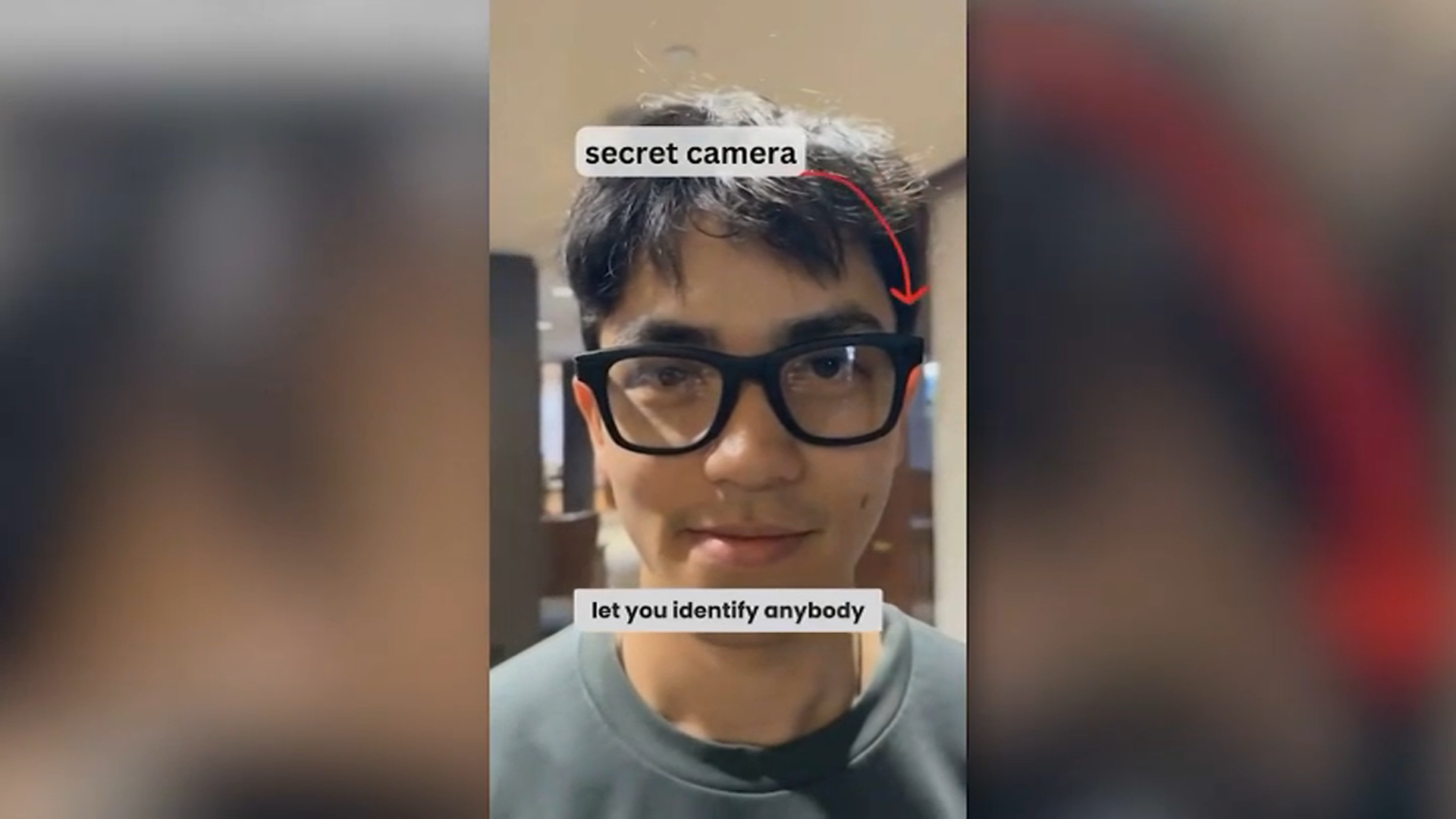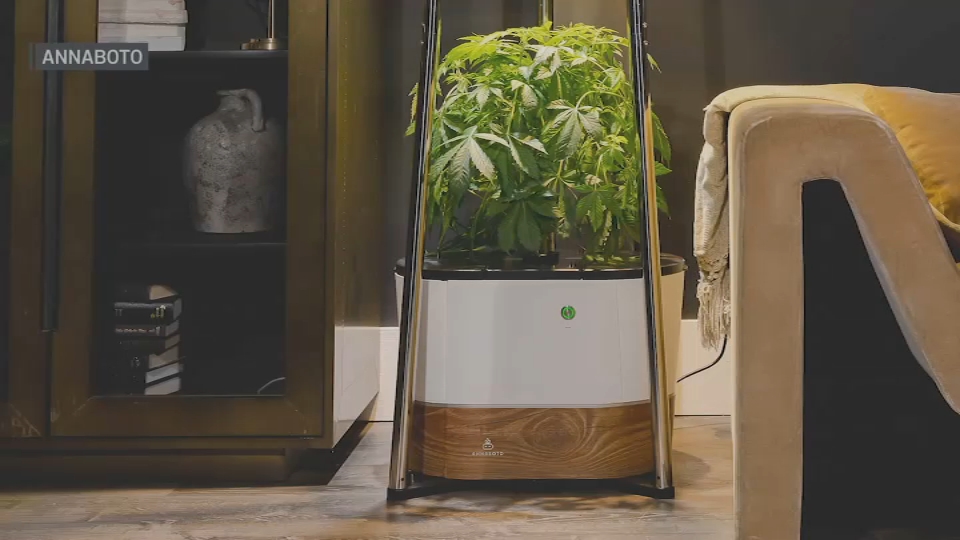A Massachusetts family has filed a lawsuit against Hingham Public Schools claiming their son was unfairly punished for using artificial intelligence to research for a class project.
The case, which could have broader implications for how schools nationwide handle AI policies, has drawn significant attention from both legal experts and educators.
Jennifer Harris, the mother of a Hingham High School senior, says her son and another student used AI to gather research notes and create an outline for a group project. According to Harris, the students did not rely on AI to write the paper itself, but used it as a research tool. Despite this, her son faced disciplinary actions, including detention and exclusion from the National Honor Society for poor conduct, and is also required to disclose the disciplinary action on his college applications.
"He's a really bright student — all honors, all AP classes," said Harris. "He took the ACTs and got a perfect score on that."
Harris says that the school did not have a clear policy regarding the use of AI at the time of the incident. Her son, she says, was questioned twice by administrators and ultimately penalized.
"If they did [have a policy], we wouldn't be here," said the family's attorney, Peter Farrell.
He argues that policies on AI use should at least be clearly outlined for students.
"We should be embracing artificial intelligence, developing an appropriate curriculum and an integration with that in our schools," Farrell said. "In this case, this young man is caught in the middle of that."
According to Bree Dusseault of Arizona State University's Center on Reinventing Public Education, approximately half of U.S. states have issued guidance on AI use in education. This inconsistency can lead to confusion for both students and educators.
"It's a really mixed bag," Dusseauelt said. "It really depends on where you're at — which state you're in, which district you're in — for whether or not you're going to see guidelines or guidance published."
More on artificial intelligence
Dusseault said districts that receive no guidance may be forced to figure out their own version, follow the advice of national education organizations, or may not address it at all.
The Harris family hopes their lawsuit will prevent other students from being punished due to unclear policies. They are calling for schools to provide clearer guidance on AI use, comparing it to the challenges schools faced when the internet was first introduced into classrooms.
"It's a tool," said Harris. "We had to figure out what was and wasn't allowed."
Since the incident, Hingham Public Schools has released updated guidance on AI use. The school district declined to comment on the ongoing lawsuit, but will be in federal court next week for a hearing.
The National Education Association shared an AI policy that the NEA delegates approved in their annual meeting. You can learn more about it here.




